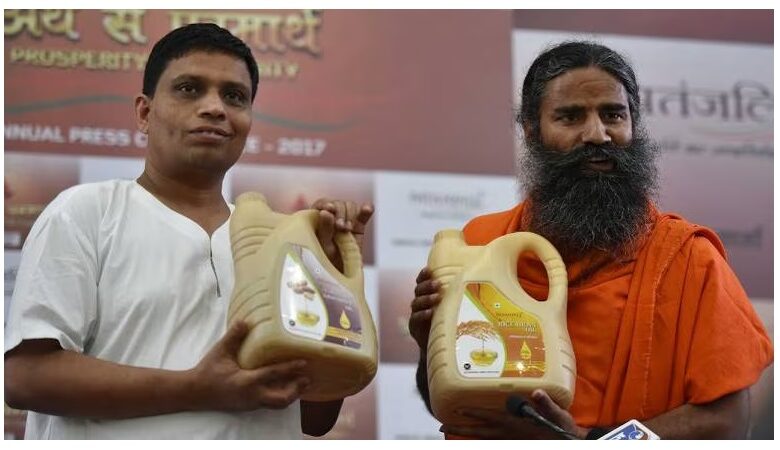Supreme Court Directs Equal-sized Apology for Misleading Advertisements by Patanjali Ayurved

In a significant development concerning misleading advertisements by Patanjali Ayurved, the Supreme Court of India issued a directive on Tuesday, stipulating that the Ramdev-owned company’s public apology in newspapers should be of the same size as its product advertisements. This ruling came during a hearing on the case related to misleading advertisements by the FMCG giant.
During the proceedings, Mukul Rohatgi, representing Ramdev, informed the court that a public apology had already been published in newspapers. However, the Supreme Court rebuked him for the timing of the apology’s publication, questioning why it was issued only the day before the court hearing.
Expressing grave concern over the impact of misleading advertisements on consumers, particularly vulnerable groups such as babies, children, and senior citizens, the Supreme Court emphasized that FMCG firms must not be allowed to deceive the people of the country. The court underscored the profound influence of advertisements on consumer behavior and called upon the Union government to take decisive action to address this issue.
Furthermore, the Supreme Court expanded the scope of its inquiry beyond Patanjali Ayurved products, seeking clarification from the Centre on the measures taken against other FMCG companies engaged in deceptive advertising practices. The court directed the ministries of consumer affairs and information and broadcasting to provide explanations as co-respondents in the case. Additionally, state licensing authorities across the country were instructed to join the proceedings and furnish responses to pertinent questions raised by the court.
In a noteworthy exchange with the Indian Medical Association (IMA), the Supreme Court highlighted the association’s complicity in endorsing medicines in the allopathic field. The court admonished the IMA, stating that while it was quick to criticize Patanjali, it must also acknowledge its own role in promoting pharmaceutical products. This pointed critique underscored the need for all stakeholders, including medical professionals, to uphold ethical standards in their professional conduct.
However, the Supreme Court deferred the hearing on contempt proceedings against Patanjali founders Ramdev and Balkrishna as they failed to submit an affidavit regarding the public apology published in newspapers. The court rescheduled the hearing for April 30 and directed both individuals to appear before the court on that day.
The Supreme Court’s intervention in the case of misleading advertisements by Patanjali Ayurved underscores the judiciary’s commitment to safeguarding consumer rights and ensuring corporate accountability. By mandating an equal-sized apology in newspapers, the court seeks to uphold the principle of fair and transparent advertising practices, thereby protecting consumers from deceptive marketing tactics.
The court’s scrutiny of FMCG companies extends beyond Patanjali Ayurved, reflecting its broader concern for the welfare of consumers across the country. By summoning relevant government ministries and state licensing authorities, the court aims to foster greater accountability and oversight in the advertising industry, deterring companies from engaging in unethical practices.
Moreover, the Supreme Court’s admonition of the Indian Medical Association serves as a reminder of the collective responsibility shared by all stakeholders in upholding ethical standards in healthcare and pharmaceutical marketing. This admonishment underscores the need for regulatory bodies and professional associations to uphold integrity and prioritize consumer welfare above all else.
As the case progresses, it is imperative for all parties involved, including FMCG companies, regulatory authorities, and professional associations, to collaborate in addressing the systemic challenges posed by misleading advertisements. By upholding the rule of law and promoting transparency in advertising practices, the Supreme Court reaffirms its commitment to protecting consumer interests and promoting ethical business conduct in India’s commercial landscape.






